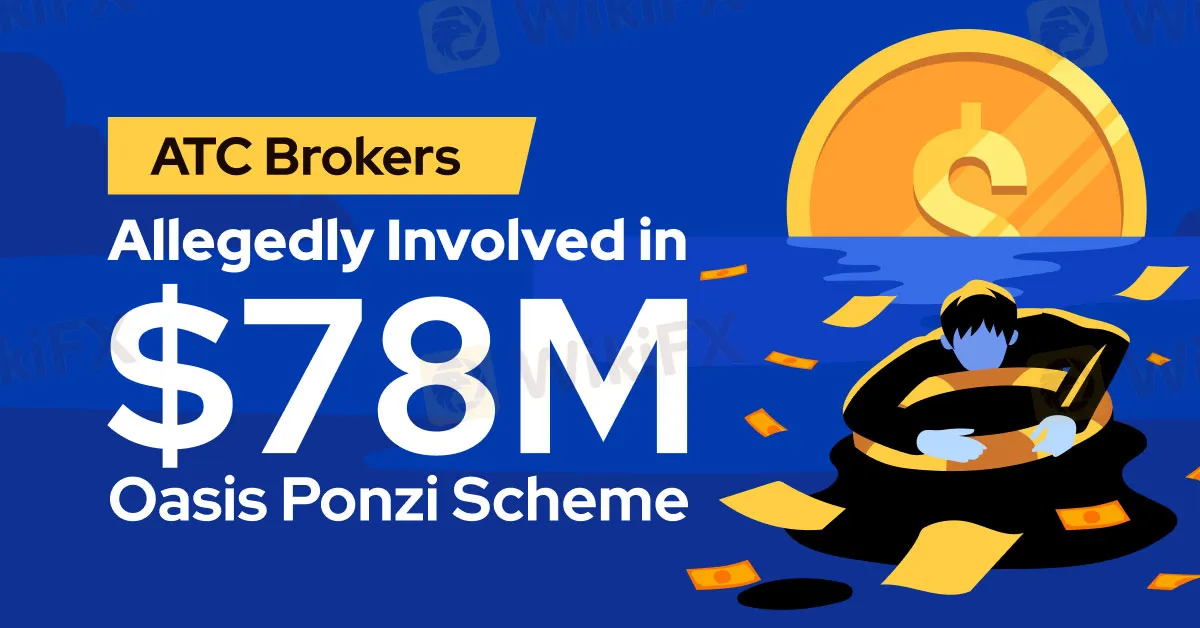Abstract:The legal battle surrounding Oasis, a fraudulent $78 million forex investment scheme, has shifted course as the court reconsiders a complaint against alleged accomplices, including ATC Brokers, amidst accusations of involvement in fraudulent transfers, shedding light on a complex Ponzi scheme that deceived investors with promises of high returns.

The legal proceedings concerning Oasis, a fraudulent scheme worth $78 million posing as a forex exchange investment fund, have taken a new direction as the court reversed its decision to dismiss a complaint against alleged accomplices, including ATC Brokers.
Burton Wiand, representing Oasis International Group as the receiver, filed a lawsuit against ATC Brokers Ltd., co-founder David Manoukian, and Spotex LLC, accusing them of involvement in fraudulent transfers. Initially, the district court dismissed Wiand's claims, citing lack of standing and statutory immunity under the Communications Decency Act. Wiand's objective was to recover assets for the investors who suffered losses due to the purported forex trading venture promising high returns.
Oasis International Group portrayed itself as an attractive investment opportunity, pledging substantial profits through currency futures trading. However, it was later revealed to be an elaborate Ponzi scheme, deceiving investors and causing financial harm. Despite promising high returns, Oasis operators concealed losses, misused funds, and distributed fictitious profits, as indicated in court documents.

The appeal filed before the US District Court for the Middle District of Florida challenged the previous dismissal, asserting that Wiand indeed had standing to pursue fraudulent-transfer claims. Although the court acknowledged Wiand's lack of standing for tort claims, it erred in dismissing those claims with prejudice and in addressing the issue of statutory immunity prematurely.
ATC Brokers, headquartered in England and Wales, facilitated trading activities for Oasis, while Spotex provided software to present false returns to investors. Wiand's legal pursuit targeted these entities, alleging their involvement in facilitating the fraudulent scheme's operations.
The court emphasized that as a registered forex broker, ATC Brokers was obligated to conduct due diligence before accepting potential traders. ATC Brokers' services allowed licensed foreign investment entities to trade on London markets on behalf of their underlying investor clients.
ATC Brokers' approval of Oasis' forex trading accounts and provision of liquidity reportedly enabled Oasis to engage in high-risk trading activities. Leveraging at 100:1, Oasis made substantial bets, ultimately resulting in significant losses, according to the court's findings.











